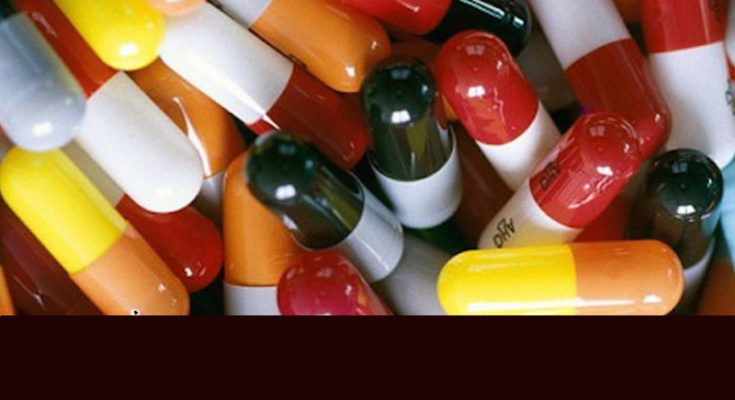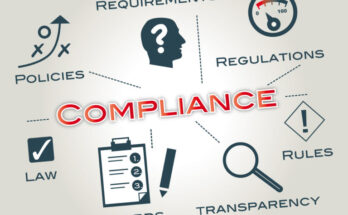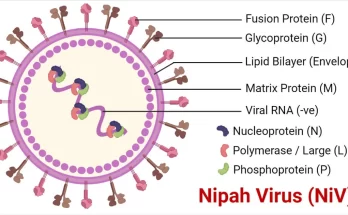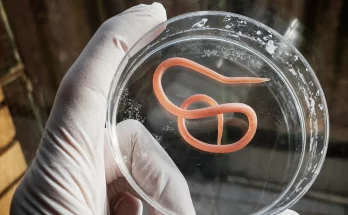Antibiotics are medicines we use to treat and prevent bacterial infections. Since it’s discovery in 1928 by Alexander Fleming Antibiotics have helped many generations to fight many deadly types of bacterial infections. But as in many things Antibiotics too have a bad side which can result serious problems across the world.
With it’s high growth rates bacteria have the ability to evolve faster than any other organism in the world. Antibiotic resistance occurs when bacteria change or evolve in response to the use of these medicines.

Bacteria, not humans or animals, become antibiotic-resistant. These bacteria may infect humans and animals, and the infections they cause are harder to treat than those caused by non-resistant bacteria.

Antibiotic resistance leads to higher medical costs, prolonged hospital stays, and increased mortality.
The world urgently needs to change the way it prescribes and uses antibiotics. Even if new medicines are developed, without behavior change, antibiotic resistance will remain a major threat. Behavior changes must also include actions to reduce the spread of infections through vaccination, hand washing, practicing safer sex, and good food hygiene.
How big is the threat?
Antibiotic resistance has already become a major threat and done enough damage across the global health sector. New resistance mechanisms too are emerging and spreading globally. threatening our ability to treat common infectious diseases. A growing list of infections – such as pneumonia, tuberculosis, blood poisoning and Gonorrhoea – are becoming harder, and sometimes impossible, to treat as antibiotics become less effective.
In countries where antibiotics are available freely without formal treatment guidelines this problem is getting worse. In these countries antibiotics are often over-prescribed by health workers and veterinarians and over-used by the public.
What can we do to prevent this?
World Health Organization which has declared 14-20 November 2016 as the World Antibiotic Awareness Week recommends following steps to counter Antibiotic Resistance around the globe.
Individuals
To prevent and control the spread of antibiotic resistance, individuals can:
- Only use antibiotics when prescribed by a certified health professional.
- Never demand antibiotics if your health worker says you don’t need them.
- Always follow your health worker’s advice when using antibiotics.
- Never share or use leftover antibiotics.
- Prevent infections by regularly by washing hands, preparing food hygienically, avoiding close contact with sick people, practising safer sex, and keeping vaccinations up to date.

Policy makers
To prevent and control the spread of antibiotic resistance, policy makers can:
- Ensure a robust national action plan to tackle antibiotic resistance is in place.
- Improve surveillance of antibiotic-resistant infections.
- Strengthen policies, programmes, and implementation of infection prevention and control measures.
- Regulate and promote the appropriate use and disposal of quality medicines.
- Make information available on the impact of antibiotic resistance.

Health professionals
To prevent and control the spread of antibiotic resistance, health professionals can:
- Prevent infections by ensuring your hands, instruments, and environment are clean.
- Only prescribe and dispense antibiotics when they are needed, according to current guidelines.
- Report antibiotic-resistant infections to surveillance teams.
- Talk to your patients about how to take antibiotics correctly, antibiotic resistance and the dangers of misuse.
- Talk to your patients about preventing infections (for example, vaccination, hand washing, safer sex, and covering nose and mouth when sneezing).

Healthcare industry
To prevent and control the spread of antibiotic resistance, the health industry can:
- Invest in research and development of new antibiotics, vaccines, diagnostics and other tools.
Agriculture sector
To prevent and control the spread of antibiotic resistance, the agriculture sector can:
- Only give antibiotics to animals under veterinary supervision.
- Not use antibiotics for growth promotion or to prevent diseases.
- Vaccinate animals to reduce the need for antibiotics and use alternatives to antibiotics when available.
- Promote and apply good practices at all steps of production and processing of foods from animal and plant sources.
- Improve bio-security on farms and prevent infections through improved hygiene and animal welfare.
Situation in Sri Lanka!
In Sri Lanka too the threat of Antibiotic resistance stays the same as the global levels and we should take actions to address this issue before it’s too late. One of the main concerns for now is the lack of awareness about the real dangers of this Antibiotic resistance. Even most of the local medical practitioners do not simply care about this and their first choice of medicine for even a mild flue or cold is an antibiotic.
And also uncontrolled or unguided Antibiotic usage has become a common occurrence in Sri Lankan farming industry as well. Farmers use antibiotics for managing bacterial diseases simply based on farmers’ traditional knowledge or hand held experience only.
Before it’s too Late
Since this Antibiotic resistance in Bacteria is becoming a major threat in Sri Lanka as well, actions need to be taken to control the antibiotic resistance with immediate effect. These should include increasing public awareness about the real dangers of over usage of antibiotics and how to use them responsibly, continuation and strengthening of surveillance of antibiotic resistance and initiation of antibiotic stewardship at national and local levels with the support of the government.




